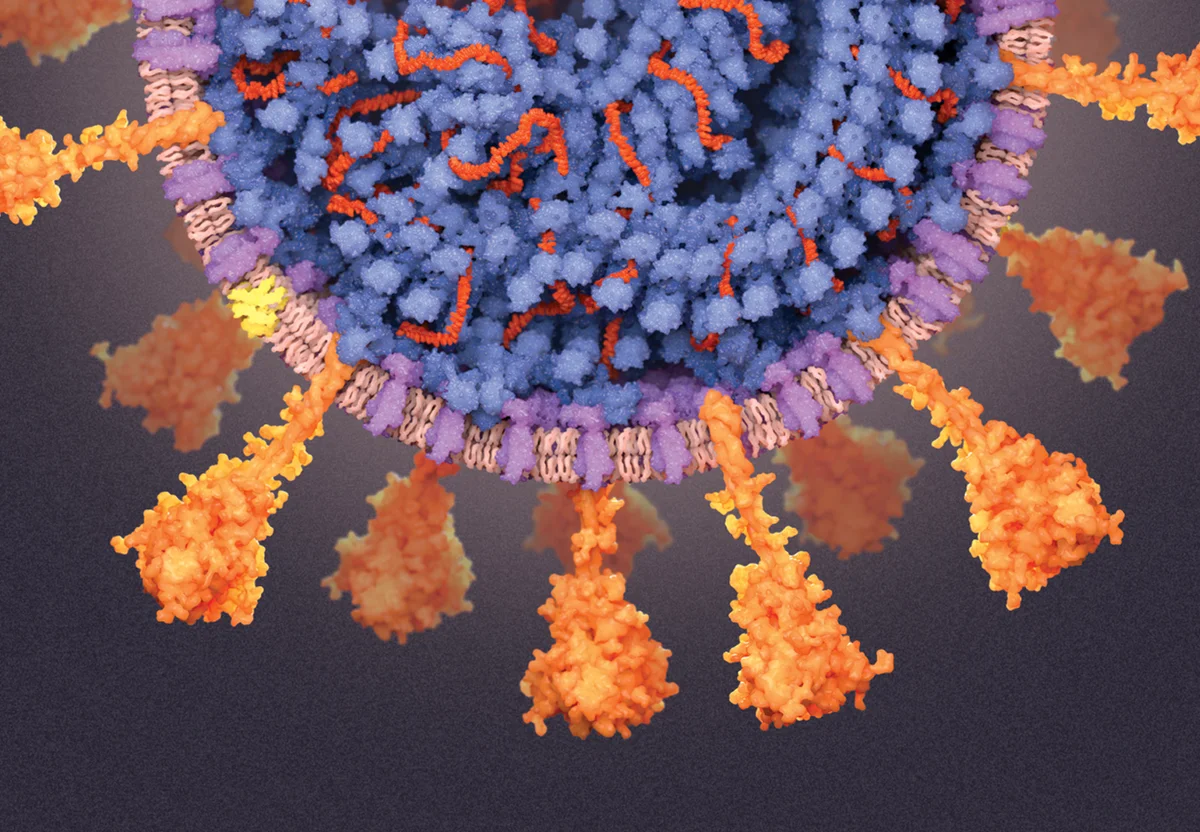- by Admin
- March 12, 2024
Click the link below to join Our WhatsApp group for daily brief on current trends in the country.
Join Here!
Loading

When the viral respiratory illness Severe Acute Respiratory Syndrome (SARS),
caused a global outbreak in 2002-2003, it was detected across five continents.
Initially discovered in regions like Guangdong Province in China, Hong Kong, Vietnam, Singapore, and Canada, SARS gained attention from health organizations worldwide.
This illness, recognized for its severe respiratory symptoms, included fever, cough, and difficulty breathing, with the potential for pneumonia and, in severe cases, fatal respiratory failure.
Characterized by flu-like symptoms such as fever, chills, muscle aches, headache, and, occasionally, diarrhea, the airborne virus spreads through small droplets of saliva, similar to the common cold and influenza, with indirect transmission possible through contact with contaminated surfaces.
The World Health Organization (WHO) played a pivotal role in addressing the crisis, initiating major initiatives to combat the disease.
These efforts included case tracking, determining the virus’s etiology, establishing diagnostic laboratory tests, evaluating treatments, and implementing infection control strategies.
In response to the crisis, WHO launched a collaborative multi-center research project on SARS diagnosis involving 11 laboratories across nine countries.
This network utilized modern communication technologies to share real-time outcomes of clinical sample investigations, highlighting the importance of global cooperation in combating infectious diseases.
Safety guidelines for individuals caring for potentially infected individuals comprise frequent handwashing, wearing disposable gloves and surgical masks, washing personal items and surfaces.
Early detection and rapid response, prompt identification, implementation of measures, transparency and communication, international cooperation, research and development were lessons learnt from the outbreak of SARS.
Reflecting on the challenging times battling SARS, the world now acknowledges the incorporation of disposables, handwashing, and advocating personal hygiene as integral aspects of daily activities to create a healthy and conducive environment.
Overall, the SARS outbreak underscored the need for a coordinated, proactive approach to global health security to prevent and respond effectively to future pandemics.


Click the link below to join Our WhatsApp group for daily brief on current trends in the country.
Join Here!
0 Comments: